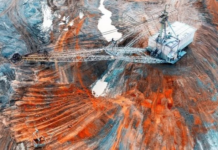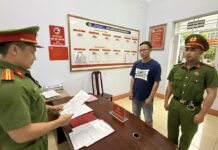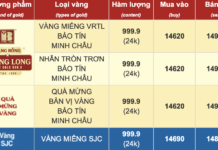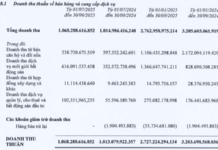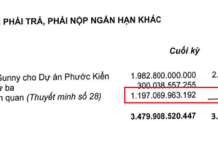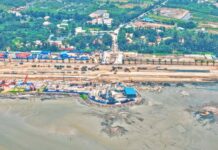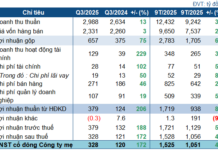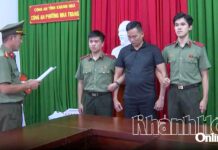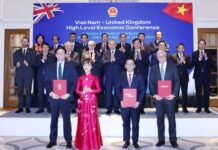The Prime Minister was accompanied by Party Central Committee members including Deputy Prime Minister Tran Hong Ha, Minister and Chairman of the Government Office Tran Van Son, Minister of Transport Nguyen Van Thang, Minister of Construction Nguyen Thanh Nghi, Lieutenant General Le Quoc Hung, Deputy Minister of Public Security; leaders of central ministries, agencies, and units.
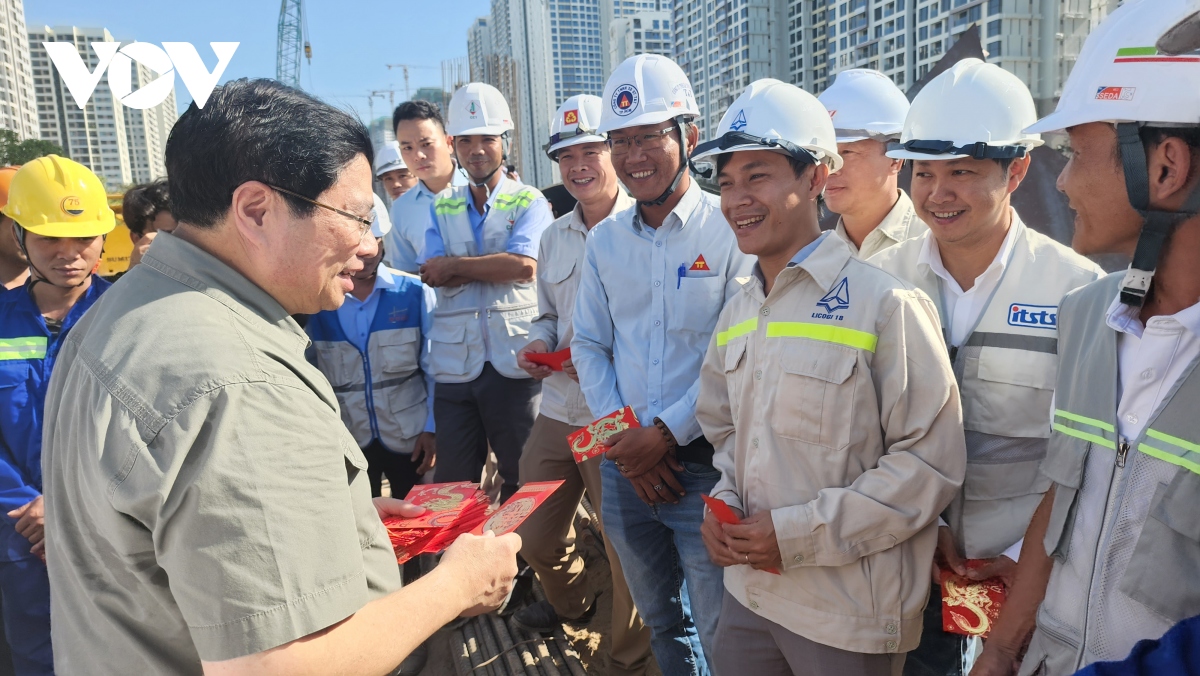
The Prime Minister Pham Minh Chinh inspects the progress, offers gifts, and encourages the officials, workers, and laborers working at the construction site of the Ho Chi Minh City Belt Road 3.
According to reports from the Ministry of Transport and the Ho Chi Minh City People’s Committee, the investment project for the construction of the Ho Chi Minh City Belt Road 3 has a total length of about 76.34 km, with a completed scale of 08 express lanes; two parallel roads (urban roads with 02-03 lanes); phased stage of 04 express lanes, two parallel roads (urban roads with 02-03 lanes), invested non-continuously.
The project passes through the territory of 4 localities including Ho Chi Minh City, Dong Nai, Binh Duong, Long An, with a total investment amount of VND 75,378 billion. It is planned to be basically completed in 2025 and put into operation from 2026.
The project is divided into 08 component projects including 04 construction component projects and 04 land clearance component projects, managed by the Ho Chi Minh City People’s Committee, the provinces of Dong Nai, Binh Duong, Long An as the managing agencies, and implemented investment projects in the form of public investment.
As of now, the total land area of 571/658 ha has been handed over, reaching 87%, of which Ho Chi Minh City and Long An have reached 98%, Binh Duong has reached 86%, while Dong Nai has only reached 6.2%.
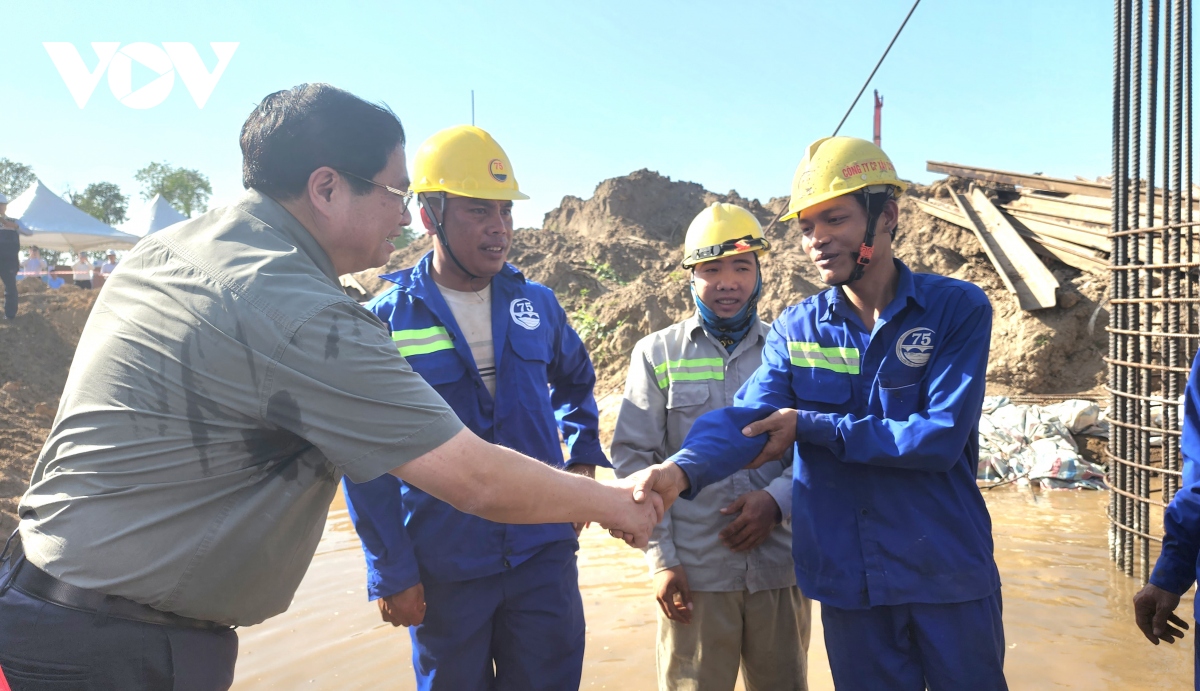
Regarding the selection of contractors, groundbreaking, and construction implementation work, the projects in Long An are ahead of schedule, while those in Ho Chi Minh City and Binh Duong are basically on schedule. Dong Nai is behind schedule compared to the plan. The total construction of the project has achieved a output of VND 1,526 billion / VND 13,577 billion (11.2%).
However, the project still faces difficulties and constraints, especially the need for sand materials for ground filling of the project, about 9.2 million m3, while the supply of sand materials is at risk of shortage and has not been fully determined. Dong Nai province has so far only handed over 6.2% of the land, which has affected the progress of the project implementation.
Chairing the meeting with ministries, agencies, localities, investors, and related units at the site, Prime Minister Pham Minh Chinh acknowledged and praised the efforts and efforts of ministries, agencies, and localities in implementing the project; Project Management Board, contractors, and related units have actively worked during Tet holiday and days off with the spirit of “overcoming sunshine, winning rain”, “seize every moment, sleep less”, “focus on doing, not retreating”…
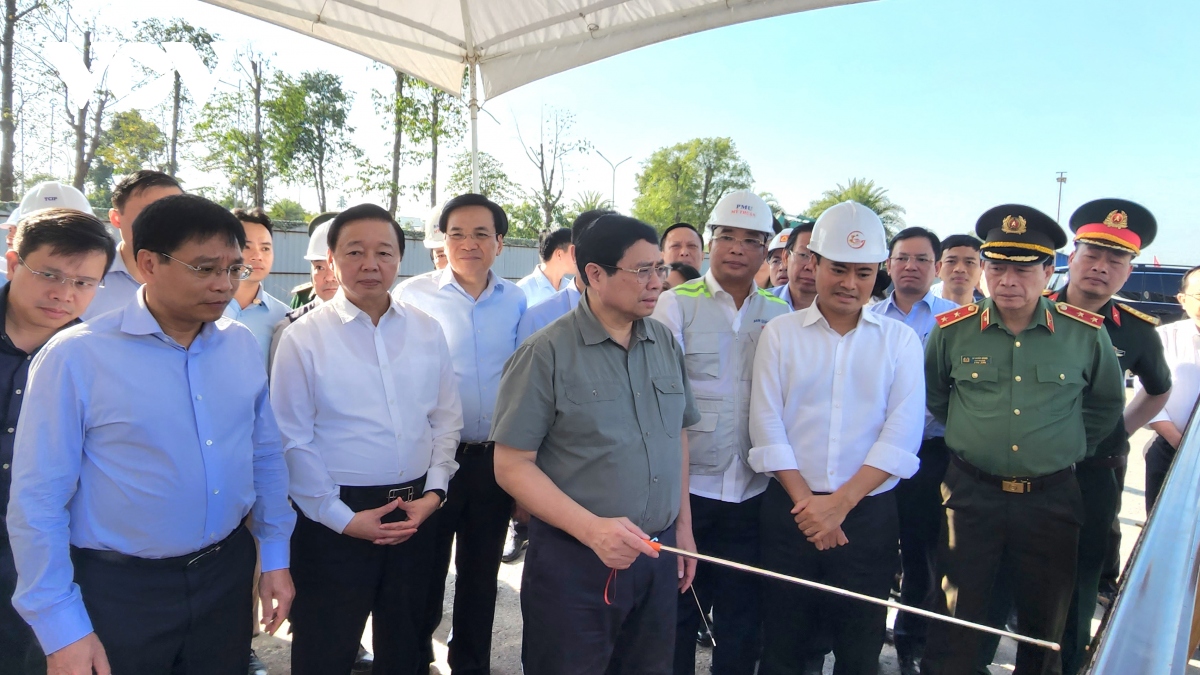
Prime Minister requested to encourage and acknowledge the dedication of the officials, workers, and laborers who sacrificed their Tet holiday with their families to stay at the construction site. At the time of the Prime Minister’s inspection, there were about 300 workers working on the project in Ho Chi Minh City.
It is noted that the Ho Chi Minh City Belt Road 3 project is of great significance for regional connectivity, connecting with the city’s arterial highways. The Prime Minister requested relevant agencies to identify 2024 and 2025 as the years of acceleration and breakthrough to complete the project on schedule, strive to exceed the schedule, ensure quality, safety, and prevent corruption, negativity, and waste.
The Prime Minister also required the Minister of Transport and the Chairman of the Ho Chi Minh City People’s Committee to hold monthly meetings to assess the progress of the Belt Road 3 project. At the same time, the Ministry of Transport (the investor) and Dong Nai province (implementing land clearance) should promote the project progress of the Nhon Trach bridge. The Prime Minister noted that the Belt Road 3 project, as well as other projects in Ho Chi Minh City, in addition to progress and quality factors, must ensure artistic, landscape, and environmental elements such as lighting systems, green trees, and strive for each project to be a highlight, contributing to tourism development.
During the working session, the Prime Minister issued directives on a number of related issues that need to be resolved. Regarding the issue of using sand materials for ground filling for the Belt Road 3 project in Ho Chi Minh City, the Prime Minister assigned Deputy Prime Minister Tran Hong Ha to preside over and immediately convene a meeting with the relevant ministries after the business trip to solve the problem quickly and effectively, and complete it before February 28.
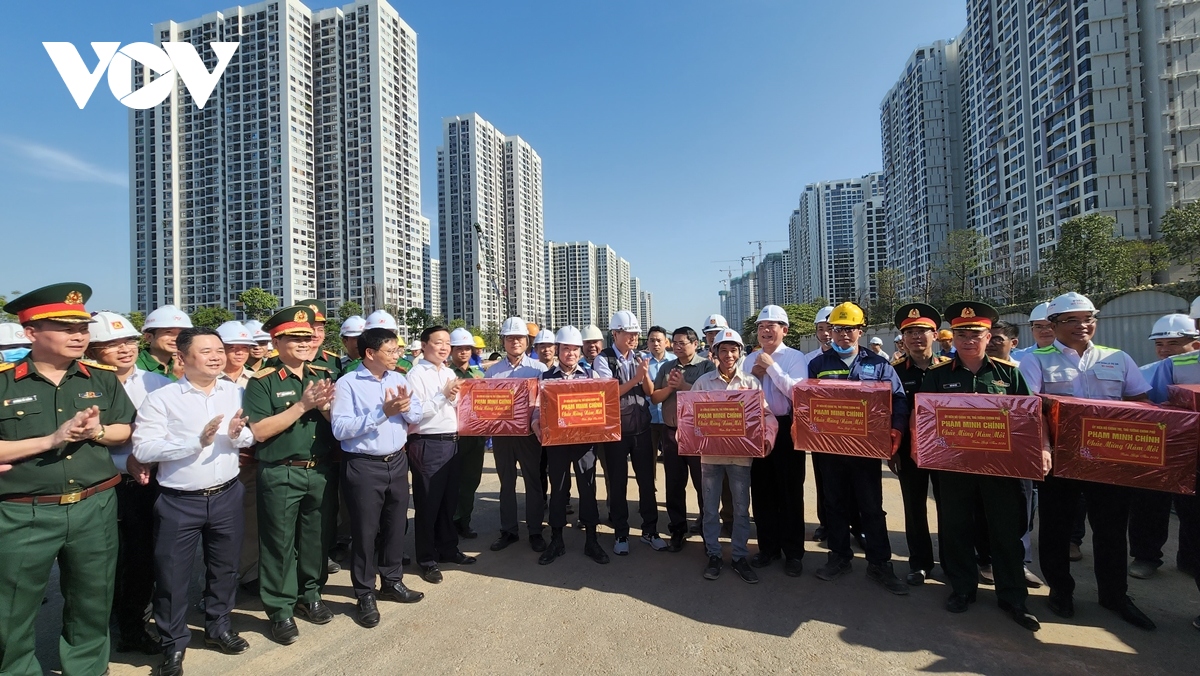
The Prime Minister instructed the Ministry of Natural Resources and Environment to actively resolve issues related to the use of construction raw materials, cut down procedures, and ensure timely supply of material for the projects; all must be done openly, transparently, for the country, for the people, against corruption, negativity, group interests; relevant ministries and agencies must promptly issue regulations and technical standards for using sea sand as filling materials; localities must also coordinate closely.
Regarding this issue, Minister of Transport Nguyen Van Thang reported that the agencies have agreed to use sea sand as filling material for the high-speed road with certain technical requirements; it is expected that in April the use of sea sand as filling material for the expressway can be widely implemented.
Regarding the Ho Chi Minh City-Moc Bai (Tay Ninh) highway project (connecting with both Belt Road 3 and 4 of Ho Chi Minh City), the Ministry of Planning and Investment urgently presented to the Prime Minister for approval of the investment strategy; efforts should be made to commence construction before April 30, 2024. The ministries and agencies must renew their thinking, methods, and flexible approaches with the spirit of working for the common interests of the country, in which the direction must be the shortest and straightest possible.
Regarding the international transshipment port in Can Gio, the Government leaders have given directions on many occasions, and the Prime Minister continued to emphasize the requirement to carefully evaluate the environmental impact, consult the opinions of scientists with the spirit of ensuring environmental preservation, especially in the Can Gio biosphere reserve, and do well in communication work to create consensus, especially in terms of the environment and project efficiency, and implement tasks according to regulations.

